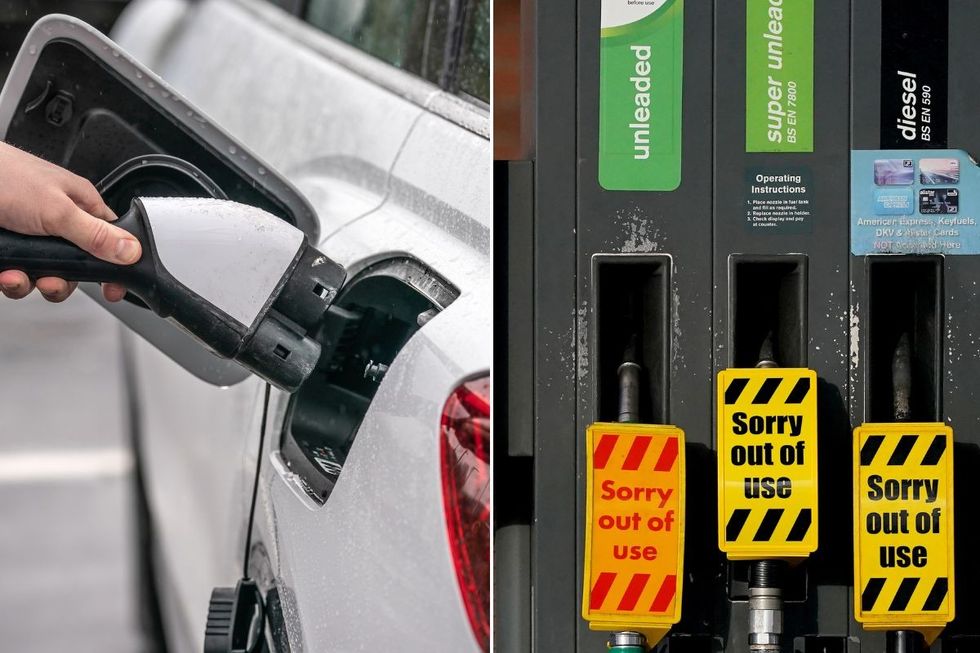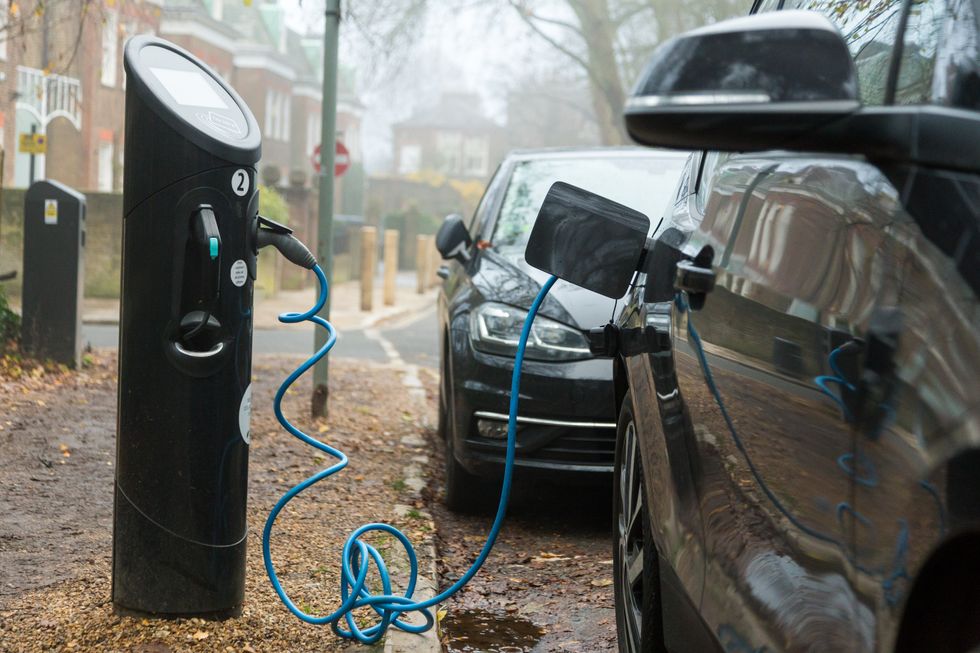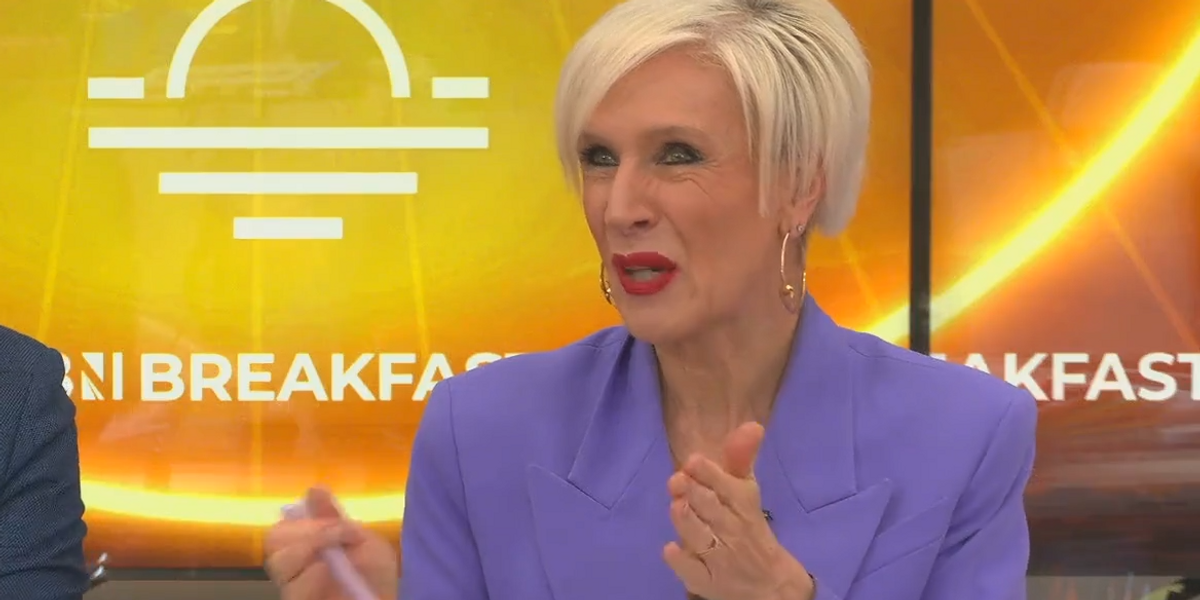Drivers have been warned that prices at public charging points for electric vehicles still remains “stubbornly high” with motorists paying roughly four per cent more than last year.
The price reveal follows a report by the RAC which found that for public chargers with power outputs between 50 and 149 kilowatts drivers pay 79.19p per kilowatt hour (kWh).
The price is almost the same as the beginning of the year (79.55p), but four per cent higher than last year and shockingly up 28 per cent compared with two years ago.
The stark rise in costs compares to the drastically less charging fees drivers pay using off-peak rapid chargers at home which costs around 7p per kWh.
Do you have a story you'd like to share? Get in touch by emailingmotoring@gbnews.uk
Electric cars charging costs at public stations remain too high for drivers
PA
RAC spokesperson Rod Dennis said: “Drivers of electric vehicles might be frustrated that the cost to use rapid or ultra-rapid chargers remains stubbornly high, despite wholesale energy prices dropping.
“But they might also be surprised to learn that the actual cost of electricity they are using when they charge up makes up a relatively small part of the total price they have to pay due to the high charges levied on the networks for grid upgrades and connections.”
Meanwhile on-street lamppost or bollard charger costs are marginally higher for drivers costing around 49p per kWh.
But while costs remain a barrier for many drivers to make the switch to electric cars, there has been some movement in reducing the price.
Average wholesale electricity prices have dropped by more than 80 per cent from 51p per kWh in August 2022 to lessthan 9p per kWh at the end of the same month this year.
Dennis added: “Charging networks are spending enormous sums of money now to install the charging infrastructure that an increasing number of drivers will be using in the years to come, as more of us switch to EVs.
“Not all drivers depend on these fastest, high-powered chargers, but they are a crucial element of the charging mix. It’s vital that public charging costs for drivers come down.”
But the RAC warned that prices remain too high as EV companies which operate the charging devices have faced huge increases in electricity costs.
On-street chargers remain a cheaper option for driver who are unable to charge at home
GETTY
Reed urged the Government and Ofgem to act now to ensure that affordability is “not a hurdle in the transition to EVs”.
She stated: "The sector has committed to spend £6billion ahead of demand and profitability to deliver the charging infrastructure that the UK needs. But operators are faced with significant costs outside their control.”

 By GB News (World News) | Created at 2024-11-29 08:41:20 | Updated at 2024-11-29 10:24:33
1 hour ago
By GB News (World News) | Created at 2024-11-29 08:41:20 | Updated at 2024-11-29 10:24:33
1 hour ago










